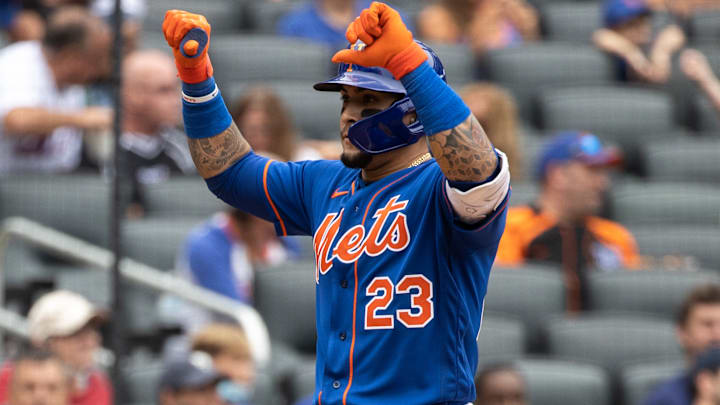3) NY Mets trade for Mike Bordick was an overpayment
The Mets once again were active at the trade deadline of 2000. Shortstop Rey Ordonez suffered a broken arm in May and was lost for the season. The Mets had post season aspirations and knew that they needed a replacement shortstop. The Mets first agreed to a trade with the Cincinnati Reds that would have sent future Hall of Fame shortstop Barry Larkin to New York for a package that included top minor league outfielder Alex Escobar and pitchers Eric Cammack and Jason Saenz.
However, there was a problem. Barry Larkin had a no-trade clause in his contract, a contract that was about to expire at the end of the season. In order for him to waive his no-trade clause, Larkin insisted that his new team had to be willing to sign him to a contract extension. Mets GM Steve Phillips refused to commit to Larkin beyond the 2000 season. Larkin refused to waive his no-trade clause. No deal.
Still in need of a quality shortstop replacement, the Mets turned their attention to the Baltimore Orioles’ Mike Bordick. The slick fielding Bordick was having a good season with 16 home runs, a .297 batting average, and an appearance at the 2000 All-Star game. The Mets and Orioles agreed to a trade that would send Mike Bordick and his expiring contract to New York for infielder Melvin Mora and minor leaguers Mike Kinkade, Pat Gorman, and Lesli Brea.
Mike Bordick’s time in New York was disappointing at best. In 56 games with the Mets, he hit only .260 with four home runs while committing seven errors in the field. He became a free agent and left at the season’s end, only to return to Baltimore. Melvin Mora went on to have a 13 year major league career, spent mostly with Baltimore. He had a lifetime batting average of .277, one Silver Slugger Award and two All-Star game appearances. Mike Bordick retired in 2003.
